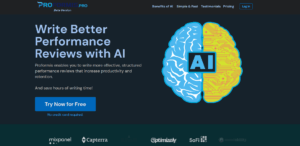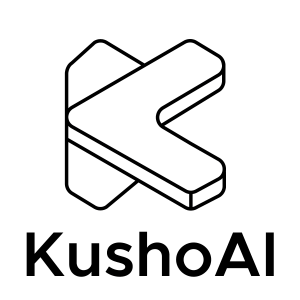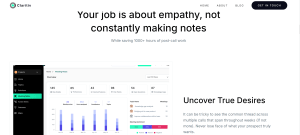Businesses now need to be efficient and innovative to stay ahead. One way to achieve this is through artificial intelligence (AI). AI Tools for Business Automation can automate routine tasks and make complex processes easier to handle. Let’s dive into how these AI tools are transforming businesses and look at some real-world examples.
Why Use AI for Business Automation?
AI tools are great because they:
- Save Time: They can work around the clock without getting tired, speeding up tasks and reducing errors.
- Cut Costs: By automating repetitive tasks, businesses can save on labor costs and avoid expensive mistakes.
- Scale Easily: AI tools can handle large volumes of work, making it easy for businesses to grow.
- Make Better Decisions: They can quickly analyze data and provide valuable insights.
- Improve Customer Service: Automated tools can handle customer inquiries quickly, leading to happier customers.
Key Features of AI Automation Tools
AI automation tools come with several handy features:
- Robotic Process Automation (RPA): Tools like UiPath, Automation Anywhere, and Blue Prism can automate tasks like data entry and invoice processing by mimicking human actions.
- Natural Language Processing (NLP): Tools such as Google’s Dialogflow and IBM Watson Assistant understand and respond to human language, making them perfect for chatbots and virtual assistants.
- Machine Learning (ML): Tools like H2O.ai and RapidMiner learn from data and get better over time, helping with tasks like predicting customer behavior.
- Computer Vision: Tools like Amazon Rekognition and Google Cloud Vision can analyze images and videos for tasks like quality control and security.
Real-World Applications
Here are some ways AI tools are being used in different industries:
- Finance: Banks use AI tools like Automation Anywhere to automate loan processing and detect fraud. These tools help manage risks and perform automated trading.
- Healthcare: AI tools such as IBM Watson Health help manage patient data, schedule appointments, and even assist in diagnosing illnesses.
- Manufacturing: AI tools optimize supply chains, predict when machines need maintenance, and check product quality. Tools like Google Cloud Vision help spot defects in products.
- Customer Service: Chatbots powered by tools like Dialogflow handle customer queries, recommend products, and help with troubleshooting, improving customer satisfaction.
- Human Resources: AI tools like HireVue scan resumes, schedule interviews, and even conduct initial screening interviews, making the hiring process faster and more efficient.
Conclusion
AI-powered automation tools are changing the way businesses operate by making them more efficient and innovative. These tools can handle repetitive tasks, analyze data quickly, and improve customer service, allowing businesses to focus on growth and new ideas.
For any business looking to stay competitive, investing in AI automation tools is a smart move. By using these tools, companies can save time and money, make better decisions, and provide better service to their customers. Embracing AI automation is the key to a more productive and successful future.



















